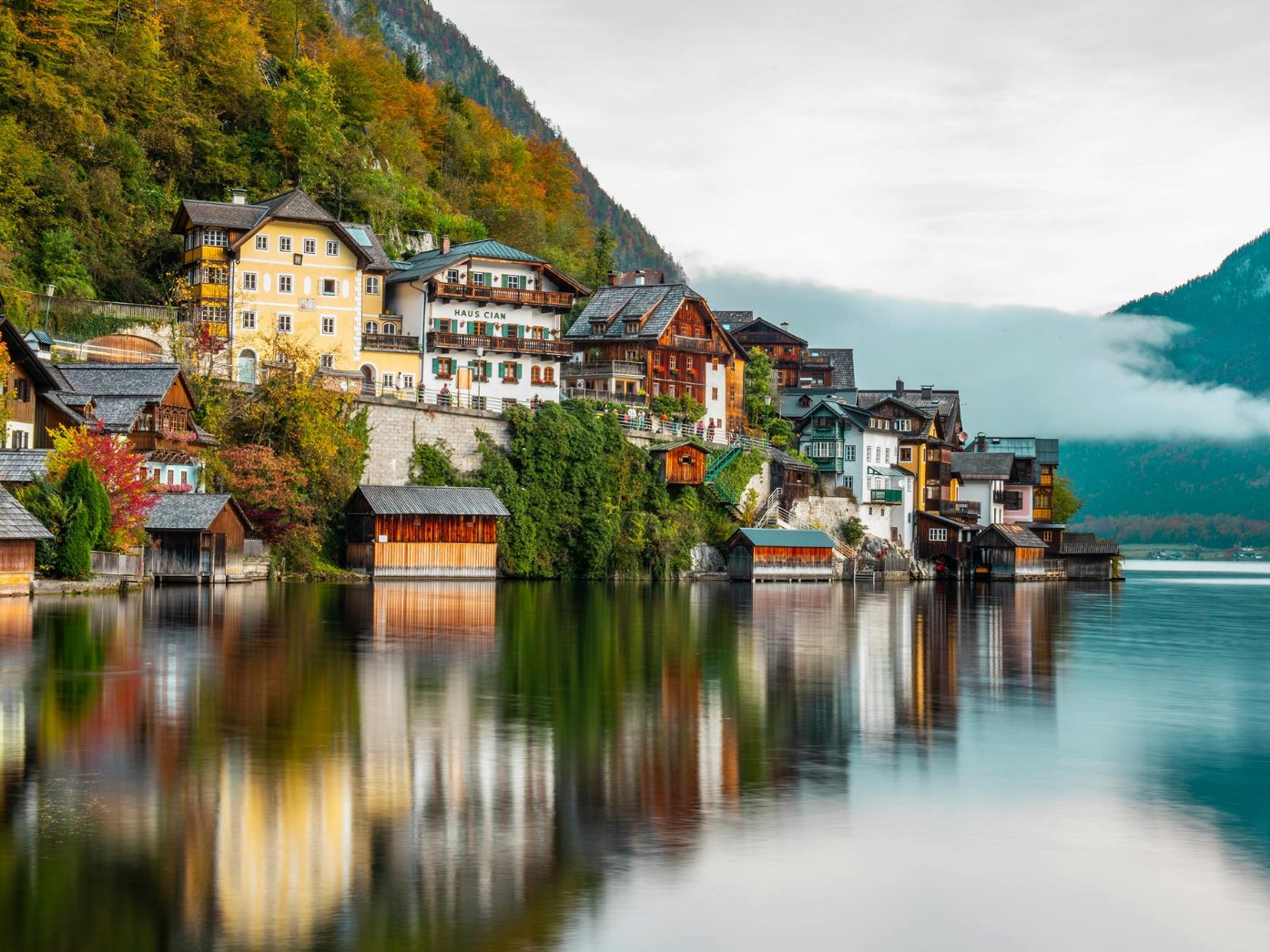Domestic Tourism Booms Despite Crisis

The booking situation is good, but guests have become more frugal. "In certain areas, savings are made on additional expenses, people have become more price-sensitive and want flexible cancellation conditions."
The current economic situation, including inflation, naturally does not pass the industry by without a trace. "Revenue is not the same as profit," Seeber emphasized. Businesses are burdened primarily by higher energy prices and "personnel costs that increased by a good 9 percent last year." "Electricity costs have skyrocketed like never before and now there are plans to increase the ancillary charges and levies," the WKÖ Federal Division Chairman pointed out the energy problem. The majority of businesses do not dare to pass on the higher costs. This would dampen demand. The shortage of labour in tourism is also a problem. "We need more people," said the industry spokesperson.
Staff Shortage Requires Measures
To become more attractive for employees, businesses consider a number of measures suitable, according to a survey by the Market Institute, including higher remuneration (74 percent), tax benefits for overtime (71 percent) and more flexible working time models (71 percent). The survey with a margin of error of plus/minus 3.16 percent was conducted between mid-December 2024 and early January 2025. Almost 500 businesses from the tourism and leisure industry were surveyed.
The booking situation is good: "The previous year 2024 with 141 million overnight stays was an 'all-time high' and reflects that people very much like to go on holiday - you could say that we are doing very well," Seeber noted. The current winter season 2024/25 is going well. "During the Christmas period, the businesses were very well booked, in truth fully booked - this will continue into this spring," the tourism expert expects.
Frugality is the Order of the Day on Ski Holidays
During ski holidays, frugality is the order of the day. This is also shown by a recent online survey by the market institute among about 1,000 people over 16 years old, which was conducted parallel to the above-mentioned company survey. 68 percent place high or particularly high value on cancellation conditions, 63 percent travel to a region where prices are comparatively low, 61 percent want to decide more short-term whether and where they go on holiday, 56 percent want to go on holiday for a shorter period and spend fewer days on site, and 55 percent are looking for cheaper accommodation. A good 38 percent do not go on holiday at all in winter due to the current situation.
Guest behaviour has definitely changed. 60 percent of businesses observe, according to the survey, that bookings are becoming increasingly short-term, that holidaymakers stay less long (59 percent), that guests are becoming more price-sensitive (56 percent) and that the equipment of the rooms is gaining in importance (52 percent).
Winter Season at Last Year's Level
Just under two-thirds (64 percent) of tourism businesses are generally optimistic about the further course of the season, according to the survey, while just over a fifth (21 percent) are pessimistic. The industry expects a very good winter, but is less euphoric than last year. "We are already hearing quiet alarm bells - the tourist businesses are also noticing that there is an economic crisis," says David Pfarrhofer, board member of the market institute. Only 14 percent believe that the current winter season will be better than the last 2023/24. 69 percent expect it to be similarly good. "The west is more optimistic than the east, and there is a more positive mood in rural areas," the opinion researcher reported.
"We really have very volatile times and very challenging times - not only geopolitically, but also domestically," said the federal division chairman, looking at the ongoing coalition negotiations. The industry also has a number of wishes for the future government - in addition to the repeatedly demanded reduction of non-wage labour costs and fewer bureaucratic reporting obligations, business transfers should be facilitated. "The allowances would have to be increased and especially if this happens within the family, it should be free," Seeber finds. And in general: "My wish would be to lower the tax and levy rate in very difficult times." Good tourism policy is the best guarantee for good value creation. After all, the tourism and leisure industry, including upstream and downstream businesses, generates 14 percent of gross domestic product. "The industry is simply a secure and stable employer and a driver for our regions."
(APA/Red)
This article has been automatically translated, read the original article here.





